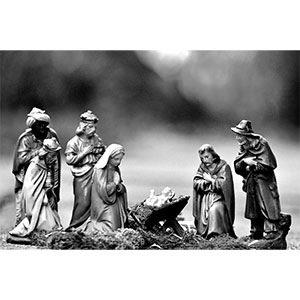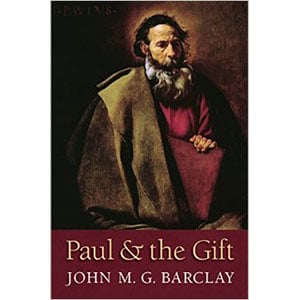New Years is an interesting holiday that is loaded with all sorts of meaning. Around this time a few years ago I listened to a sermon from popular Christian philosopher James K. A. Smith. He titled his sermon, “Giving Up on Resolution.” I remember it well because it was such a stark critique of what I thought to be “harmless” New Year’s resolutions. Why wouldn’t I want to lose weight? Get a gym membership? Read my Bible more? Commit to being a better spouse, parent, mentor, pastor? Shouldn’t I want to make some sort of commitment to being a better at something in a new year?
In the sermon, Jamie pointed out that New Year’s resolutions can have a counter-gospel message. Messages like self-actualization, heroism and individualism, bring with them a cavalier “pull up your bootstraps” and “do it yourself” narrative. This narrative is a product of modernity because it “keeps God upstairs” out of the world and out of our way. Let us get to fixing things on our own. Who needs God? The problem with this narrative is that it forgets the very message of Advent and ignores the lessons of Epiphany and Lent which follow. Advent teaches us that our God came to dwell with us in order to save us precisely because we cannot do it ourselves. That is the very essence of the gospel. Epiphany celebrates Christ-with-us by reflecting on His redeeming presence in the world—not ours. And Lent focuses our hearts on Christ’s sacrifice on our behalf. This act of love could not have been done by anyone else.
The problem with New Year’s resolutions is that in very subtle ways they distract us from the message of the gospel and they feed into worldly attitudes and thought patterns. Resolutions are built upon the assumption that “I am in control,” “I can will this,” “I can do this and I don’t need you (community, Church, Jesus).” These notions are deeply anti-Christian. Jesus’s Kingdom is not one of self-help, self-actualization or self-betterment. Instead His Kingdom is one of self-denial, which forces us to rely on the God who, as the Gospel of John so beautifully puts it, “tabernacles among us.” It is God in Jesus that saves the day. And in Him we find that Advent leads to Easter, the manger leads to the cross and that our pattern of living should emulate that journey. A cross shaped life is governed by humility, meekness, dependence and by the lordship of Christ. It is not a life governed by triumphant resolve.
Of course, going to the gym, being a better spouse and reading your Bible more are all good things! The problem is that the spirit of a New Year’s resolution is couched in a broader narrative that doesn’t understand the gospel. The Advent season is celebrated because a broken, downtrodden and weary world is ready to receive her gentle Shepherd King. This King will at last make all things new precisely because we can’t. Let’s not forget that when the ball drops.








